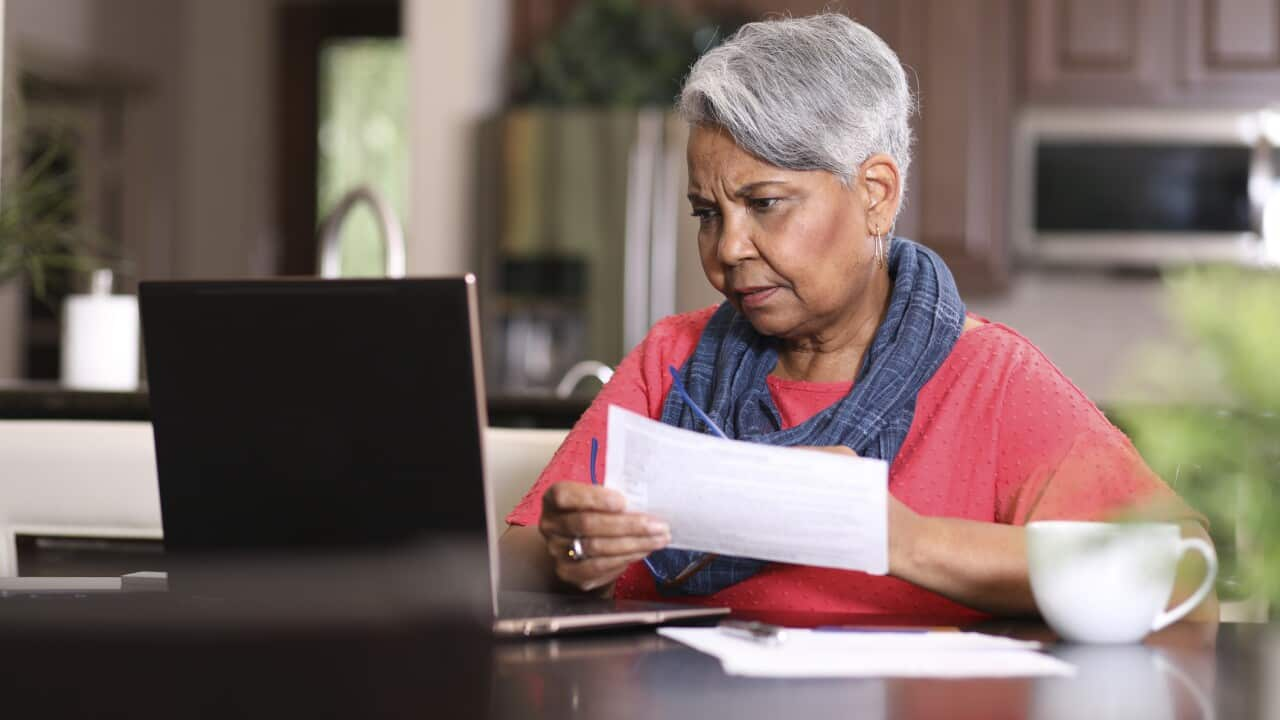Key Points
- One in three Australian workers in their 20s, 30s and 60s have been underpaid super in 2021-22.
- A typical worker could be $30,000 worse off at retirement.
- Australia's $3.9 trillion superannuation system provides a safety net to retired workers.
More than three in 10 workers in their 20s are missing out on unpaid superannuation, new data shows.
The problem of unpaid super — which impacted 2.8 million Australians in one year — leaves the average affected worker $30,000 worse off in retirement.
Modelling by the Super Members Council (SMC), a peak body for super funds that return profits to members, shows that in the financial year 2021-22, 2.8 million workers missed out on $5.1 billion in their super entitlements.
The council said it remains a systemic issue affecting nearly one in four workers, particularly younger people, women in low-paid industries,.
What’s unpaid super?
Unpaid super describes an employee being paid less than their full superannuation entitlement or not paid super at all. By law, employers must contribute at least 11.5 per cent of their employee’s earnings towards super into a fund nominated by the employee.
Australia’s $3.9 trillion superannuation system is designed to afford financial security to workers when they retire.
The modelling also shows that the average affected worker missed out on more than $1,800 worth of super in a year.
For a typical worker, this could mean more than $30,000 less at the time of retirement.
Which ages are impacted more by unpaid super?
Around one in three Australian workers in their 20s, 30s and even 60s are likely to fall behind in building their retirement fund because their employers are not making the correct contributions to their chosen fund.

Those in insecure jobs, lower income earners, migrants, younger Australians, and those nearing retirement are more likely to be affected by unpaid super. Source: SBS News
This report has grim news for workers looking at retirement too.
Almost 28 per cent of Australians in their 60s are also more likely than average to be impacted by unpaid super.
The report states that many Australians over the age of 60 continue to work because they can’t afford to retire.

The report shows that almost 28 per cent of Australians in their 60s are also more likely than average to be impacted by unpaid super. Source: SBS News
How does unpaid super impact retirement?
The SMC analysis explains that around three-quarters of super at retirement is expected to come from compound returns.
This means that missing out on super early in their working life deprives younger workers of the full benefit of decades of compounding returns.

A average worker who is underpaid in super could miss out on 6 to 7 per cent of their super balances when they retire. Source: SBS News
The average worker who is being underpaid super could miss out on 6 to 7 per cent of their super balances when they retire.
This amounts to nearly $26,000 for women and $36,000 for men in terms of lost retirement funds.
A typical worker in the lowest 20 per cent of the wage bracket who is underpaid super throughout their career could be $35,000 worse off at retirement.











